I am confronted on a daily basis with loving parents who are unaware of the importance of good oral health for themselves and how to achieve it for their children. Some of the phrases I have heard countless times include “my parents and grandparents wear dentures so I know I’ll need dentures” and “all of my family members have bad teeth.” Many patients do not realize that this cycle of oral disease usually is not hereditary.
Rather, poor oral health most frequently prevails within a family because children learn poor habits, poor oral hygiene and poor nutritional choices from their parents. I spend a significant amount of time educating parents about nutrition, oral hygiene and the prevention of oral disease.
“Poor oral health most frequently prevails within a family because children learn poor habits, poor oral hygiene and poor nutritional choices from their parents” -Violetta M. Roller, D.D.S., Chief Dental Officer at CommuniCare Health Centers
At CommuniCare Health Centers (CCHC), we focus our efforts to integrate medical and dental services, particularly for our new and expectant mothers. Our team of dentists enjoys a unique opportunity to work closely with obstetricians and pediatricians in order to help achieve the best possible health outcomes for our patients. By taking the time to educate a new or expectant mother, we hope to influence her ability not only to care for herself, but also to care for her child, thereby breaking the generational cycle of poor oral health.
Here are a few things I wish everyone knew about oral health:
Routine Dental Care During Pregnancy Is Recommended
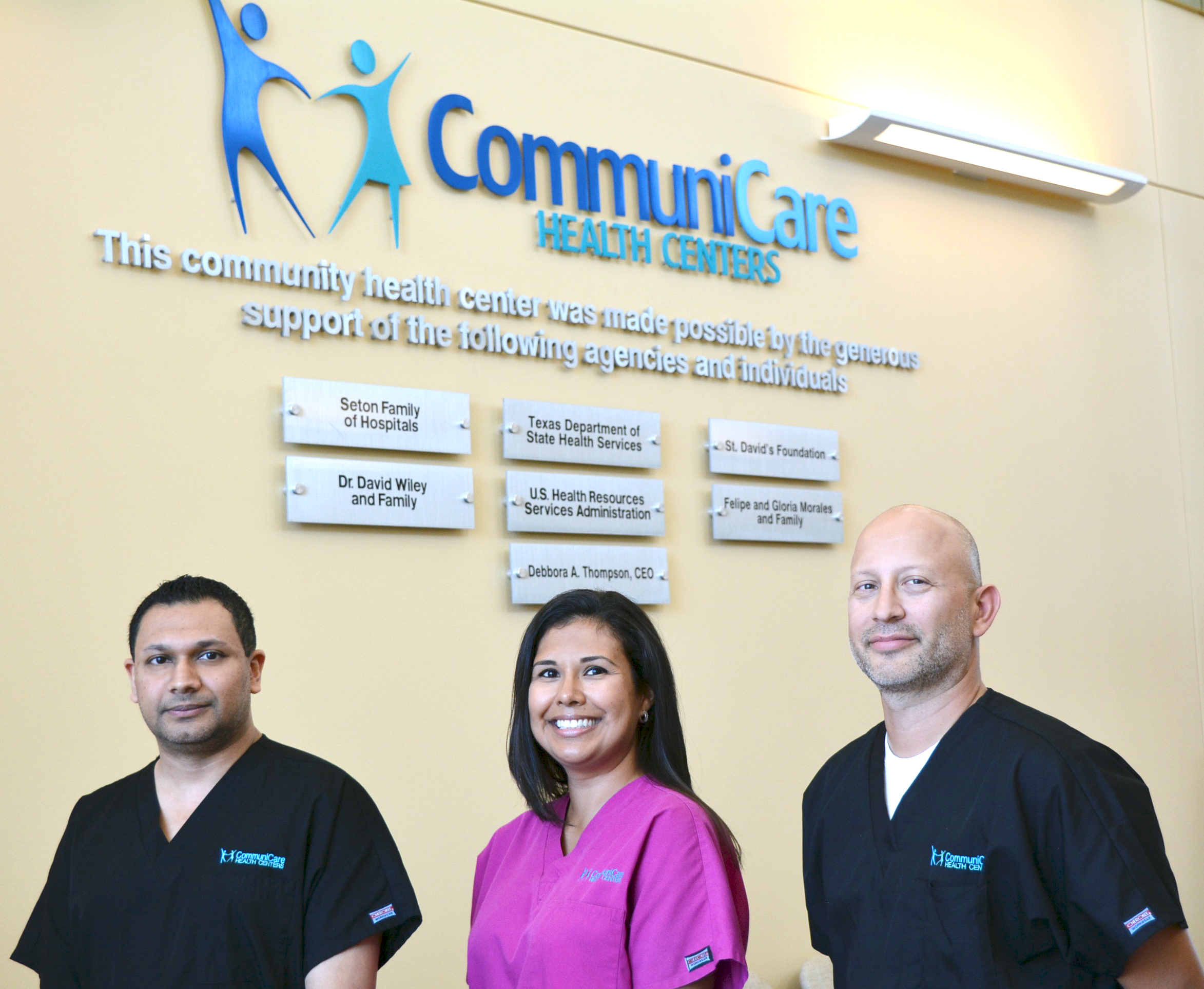 While a dentist may choose to defer elective or non-emergent dental treatment until after the baby is delivered, routine dental treatment can be performed safely during pregnancy. Ideally, treatment should be performed during the second trimester, though the dentist may recommend treatment during the first or third trimesters based on the mother’s dental condition and needs. Treatment of acute dental problems that may cause pain or infection should be completed urgently as such conditions could pose a significant risk to the mother.
While a dentist may choose to defer elective or non-emergent dental treatment until after the baby is delivered, routine dental treatment can be performed safely during pregnancy. Ideally, treatment should be performed during the second trimester, though the dentist may recommend treatment during the first or third trimesters based on the mother’s dental condition and needs. Treatment of acute dental problems that may cause pain or infection should be completed urgently as such conditions could pose a significant risk to the mother.
In addition to reducing the risk of pain and infection, improving mom’s oral health may also help her unborn child. Research indicates an association between periodontal disease and negative pregnancy outcomes including preeclampsia and low-birthweight babies. Now, I’m not suggesting that visiting the dentist is going to prevent these conditions.
“If children observe and mimic good brushing and flossing habits and are exposed to regular dental care, it becomes the norm and instills good health practices” -Violetta M. Roller, D.D.S., Chief Dental Officer at CommuniCare Health Centers
However, if a healthy mouth in combination with good nutrition, exercise and appropriate prenatal care can help improve a baby’s chance of a healthier start, is it not worth a visit to the dentist?
At CommuniCare, our dentists accept referrals from our obstetricians to provide dental services for expectant mothers. Together, we work as a team to keep both mom and baby as healthy as possible.
Keeping Yourself Healthy Helps Keep Your Child Healthy
Vertical transmission is the spreading of disease-causing agents, such as bacteria, from parent to child. People are often surprised to learn that dental caries is a preventable communicable disease. Streptococcus mutans, the leading cavity-causing bacteria, is most often transmitted directly from primary caregivers, usually mothers, to infants. Higher levels of these bacteria in a caregiver’s mouth leads to higher levels in a child’s mouth, placing the child at greater risk for caries.
Mothers are typically so concerned with providing care for their children that they often neglect themselves. A mother’s good oral health — including proper home care and early intervention to treat dental disease, particularly eliminating dental caries — lowers oral bacterial counts and models a positive behavior for young children. If children observe and mimic good brushing and flossing habits and are exposed to regular dental care, it becomes the norm and instills good health practices, which will hopefully last a lifetime. A mother’s efforts in improving her oral health will influence the oral health of her child.
Dental Visits For Children Should Begin Earlier Than You Think
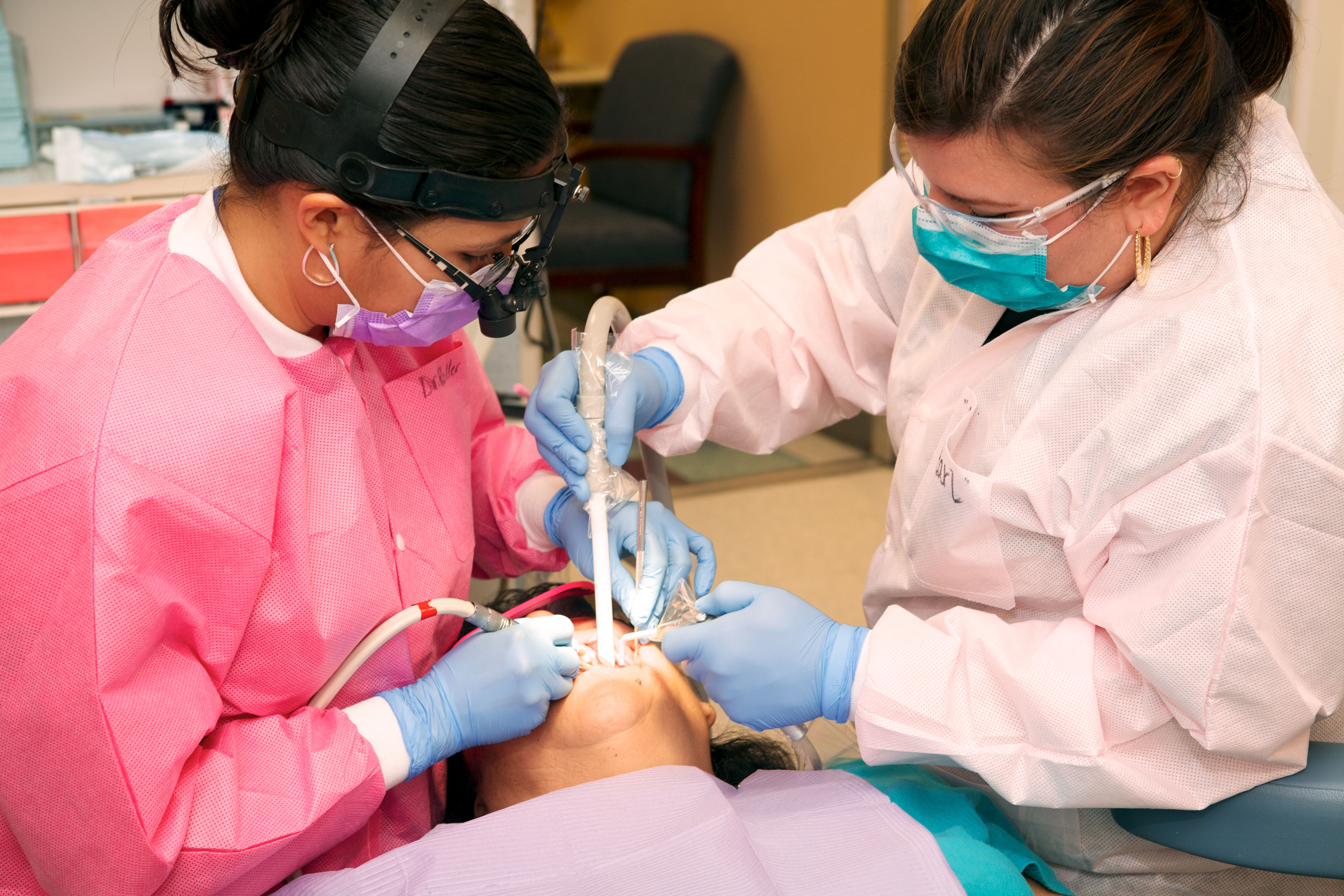
At CommuniCare, we encourage parents to bring their children for their first dental visit at 6 months of age and every 3 months thereafter until the age of 35 months, in accordance with Medicaid guidelines. You may be wondering why so young and why so often. After all, many children do not yet have teeth at 6 months of age, so how could they possibly have cavities?
Our dentists are not expecting to perform dental restorative procedures such as fillings on 6-month-old children. These “first dental home” visits are about prevention through education, the application of fluoride varnish and early detection and intervention when needed.
During these visits, our dentists provide education on proper oral hygiene for infants and toddlers. We discuss nutrition and educate parents on cariogenic foods to avoid, snacking habits and the effect of sugary drinks, including juice, on teeth. Additionally, the frequency of these visits allows for the application of fluoride varnish, which has been shown to reduce the rate of caries development.
At CommuniCare, we have integrated clinical sessions during which our dentists work alongside our pediatricians to provide medical “well child” visits and “first dental home” visits during a single appointment. Children in this age group will first see a pediatrician for their medical exam and vaccinations. Upon completion of the medical visit, the dentist steps in for the dental visit. With this integrated care, we aim to make things easier for parents to access the care their children need, helping children achieve wellness.
Sugar Is In More Foods Than You May Realize
Many people do not realize that the sugars in drinks such as soda, sweet tea, sports drinks, juice, and milk contribute to obesity, diabetes and tooth decay. Enjoying these drinks in moderation is not the problem. Neither is serving milk to your growing child during meal times. The problem of tooth decay arises when these drinks are sipped for an extended period of time. With each sip of a sugary drink, the sugars remain in the mouth for approximately 20 minutes.
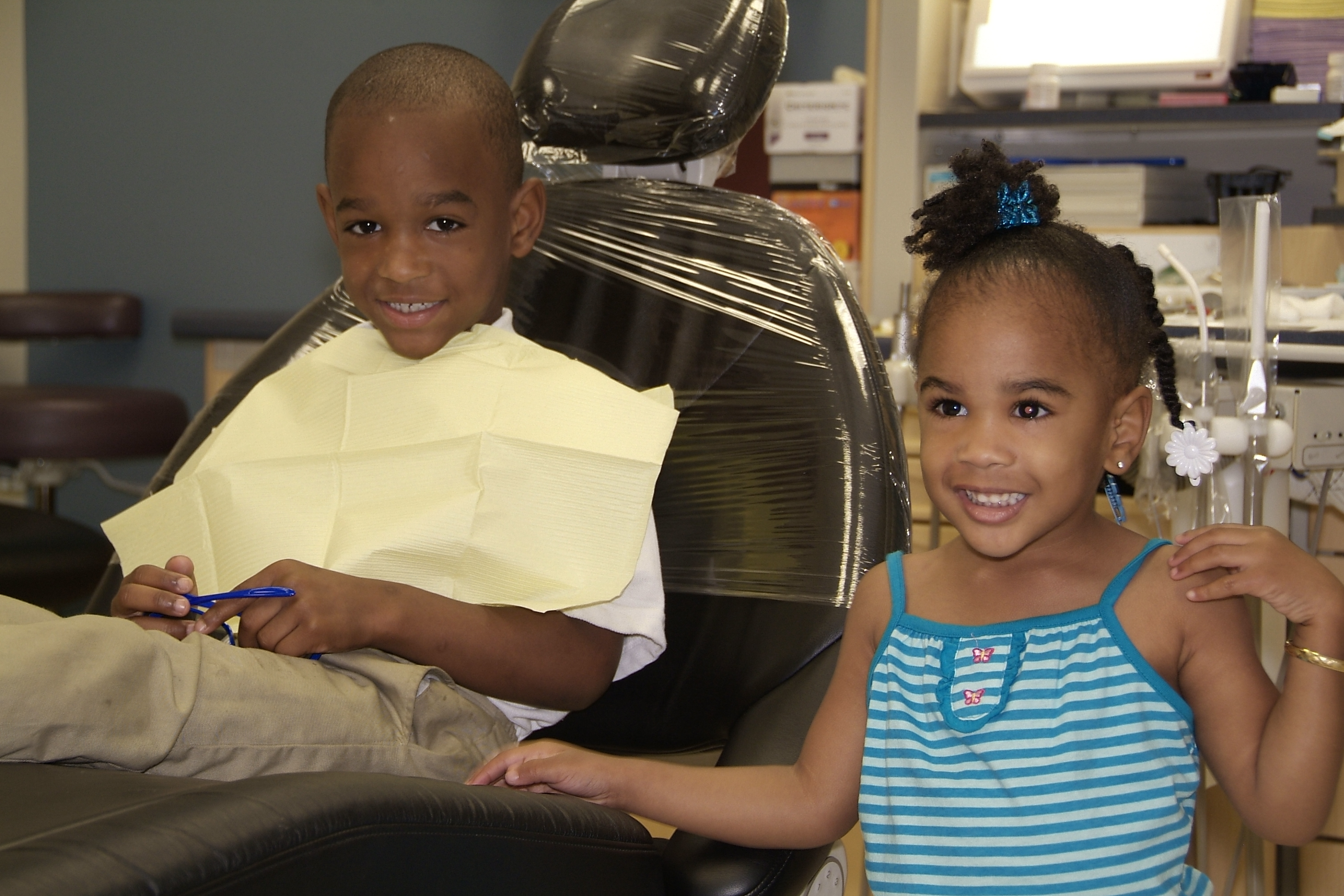 By that time, another sip is taken, then another. With each sip, add 20 more minutes of sugar, leading to 20 minutes during which the bacteria in our mouths can produce the acid that causes decay.
By that time, another sip is taken, then another. With each sip, add 20 more minutes of sugar, leading to 20 minutes during which the bacteria in our mouths can produce the acid that causes decay.
When children are allowed to sip on sugary drinks while riding in the car and throughout the grocery store, they are actively contributing to the development of dental caries. When children are tucked into bed for the night with a bottle of milk to calm them, it further advances the decay. This condition, known as Early Childhood Caries, was formerly called “baby bottle tooth decay.” This is a misnomer as it is not the baby bottle that causes the decay; rather, the sugary beverage is the culprit. Limiting a child’s consumption of sugary drinks exclusively to meal times will significantly reduce the risk of early childhood caries.
“It is my desire to help mothers learn how to prevent the development of oral disease in their children and break the cycle of poor oral health in their families” -Violetta M. Roller, D.D.S., Chief Dental Officer at CommuniCare Health Centers
Additionally, though they may not be sweet, snacks that contain simple carbohydrates, such as crackers and chips, are also cariogenic. Digestive processes initiated by saliva break down these simple carbohydrates into sugars that when processed by oral bacteria can contribute to tooth decay. CommuniCare dentists educate parents on the importance of healthy food choices, reinforcing the nutritional advice provided by pediatricians.
When a new or expectant mother is in my dental chair, I address her dental concerns but additionally take the opportunity to educate her about caring for her child’s oral health. It is my desire to help mothers learn how to prevent the development of oral disease in their children and break the cycle of poor oral health in their families. Through early, frequent and consistent education efforts, and by working closely with my physician colleagues, it is my hope that the next generation of CommuniCare patients will be healthier than the last.
For more information visit CommuniCare.
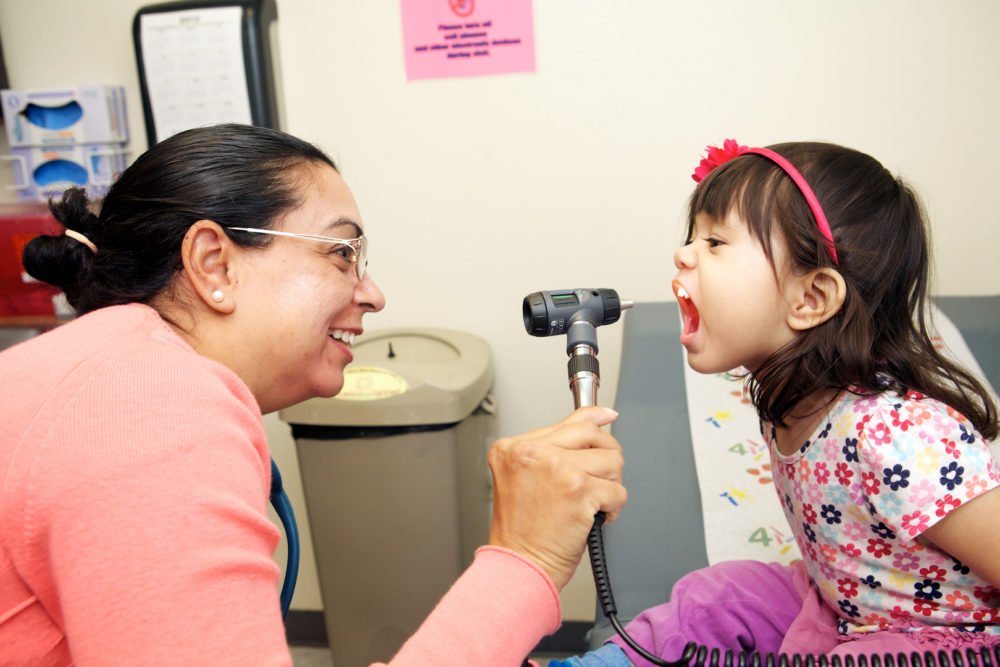

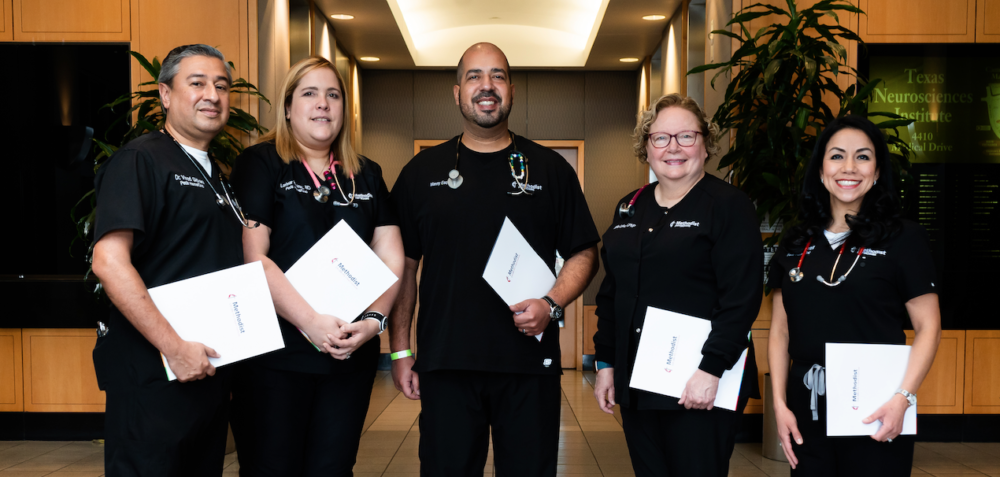


Recent Comments